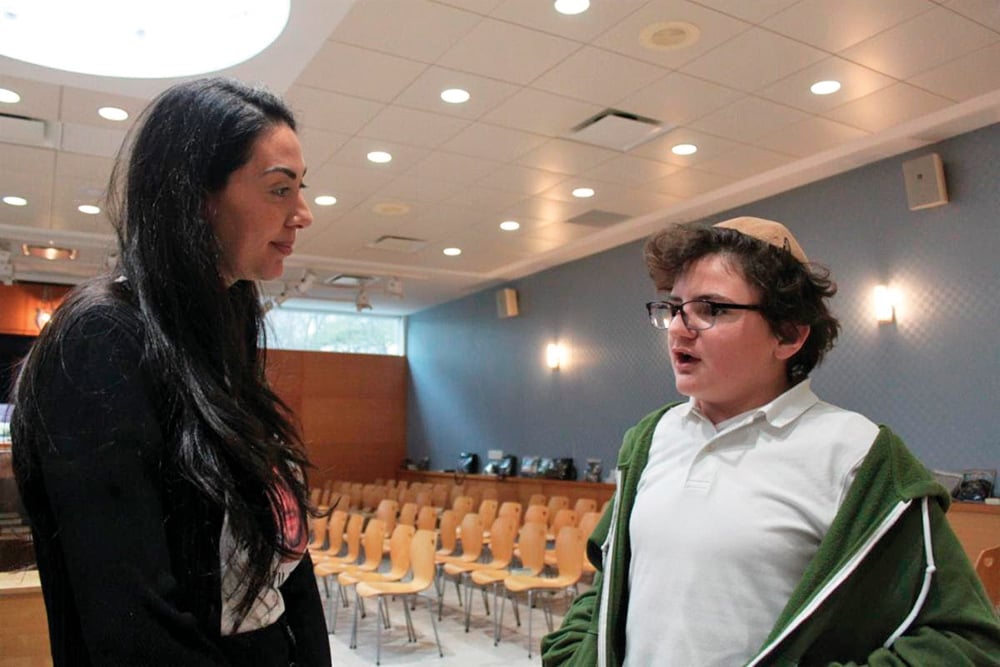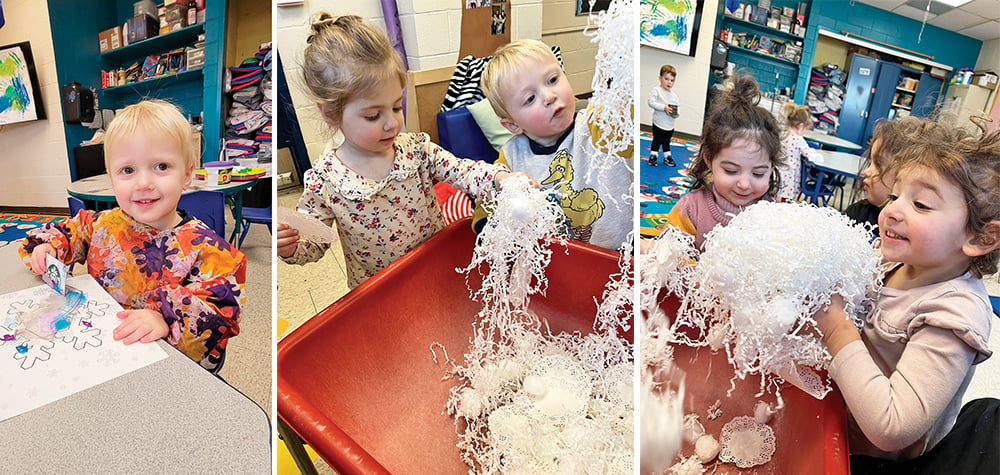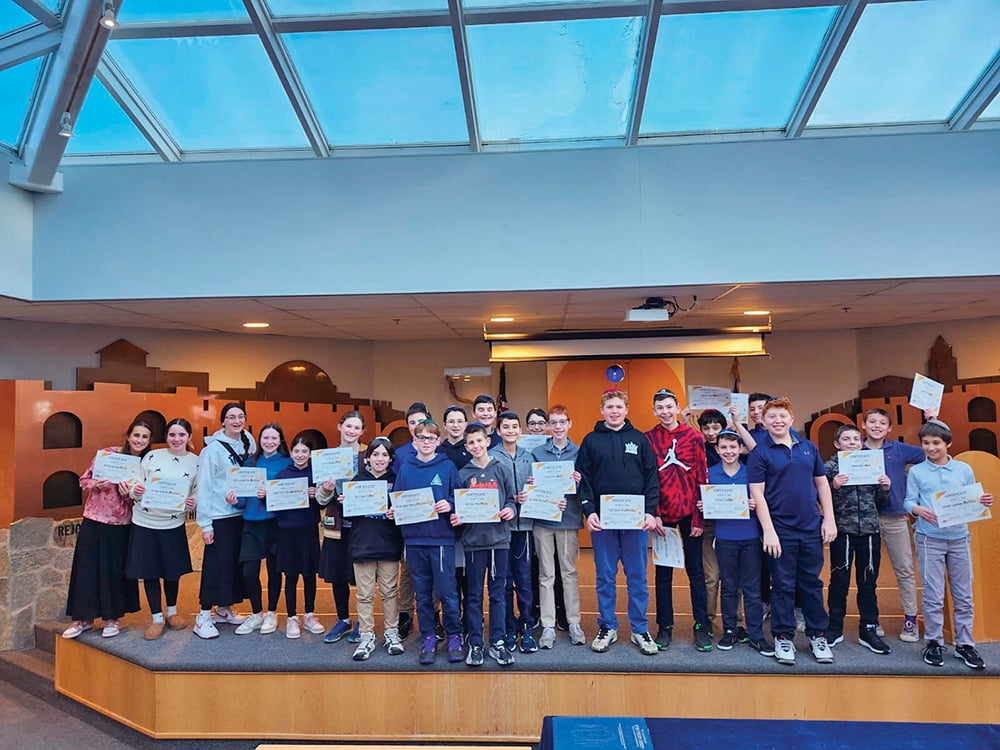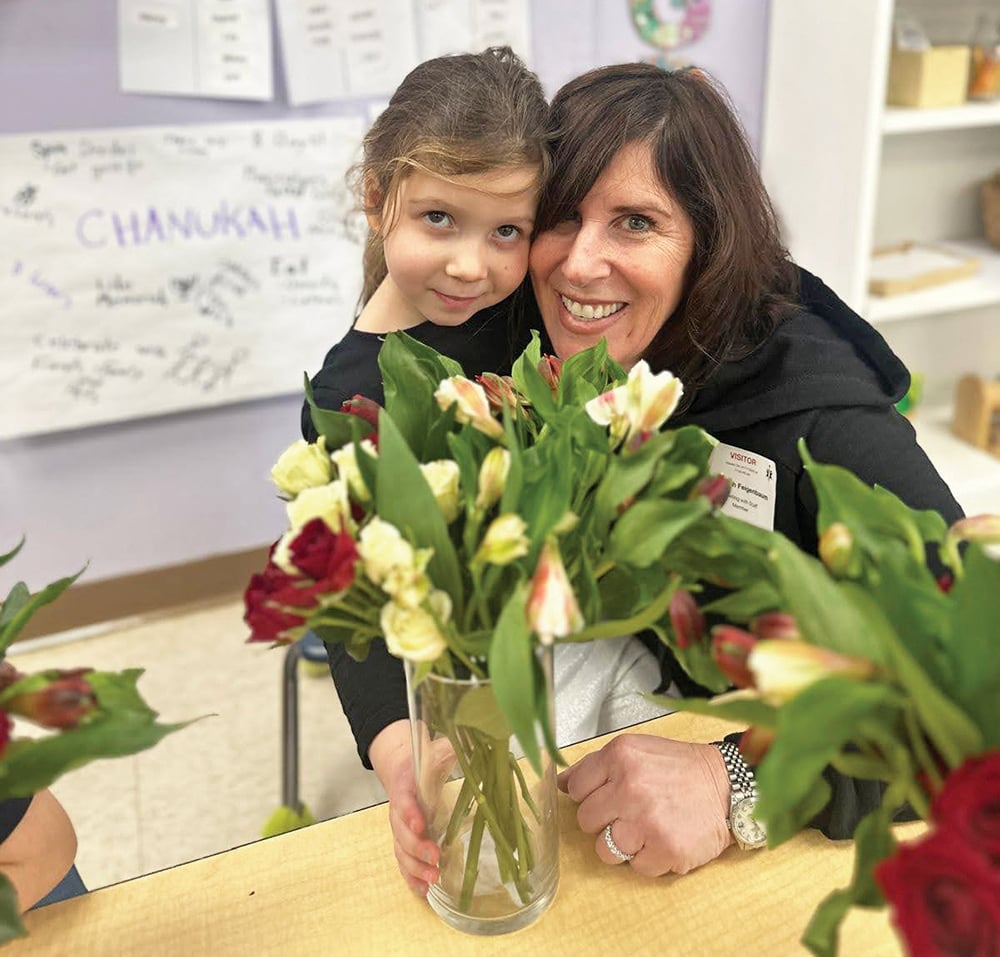As I grow older, I have become more and more understanding of why people want to move to Florida.
I used to love the winter, but as the chill penetrates my bones and my head gets colder each year from November through April, I ask myself how it was that I made it through Ann Arbor winters in my college years.
But since reading Katherine May’s new book, “Wintering: The Power of Rest and Retreat,” my feelings about winter have begun to change.
“Wintering,” according to May, is not about cold, snow and mittens; it is rather “a fallow period in life.” It is a time when we are set apart, either by our own choice or by circumstances placed upon us. It is “when you’re cut off from the world, feeling rejected, sidelined, blocked from progress, or cast into the role of an outsider.” Wintering is not a state of the climate, it is a state of our being.
The parsha of Bahar is bookended by the concept of Shabbat, of fallow. It begins with the mitzvah to have the land lay fallow in the shemitah year, (Levit 35:2) וְשָׁבְתָ֣ה הָאָ֔רֶץ שַׁבָּ֖ת לַה. The Rambam wrote that these laws “are meant to make the earth more fertile and stronger through letting it lie fallow.” (Guide for the Perplexed 3:39)
The parsha concludes with a reminder of the importance of having our lives centered not only by the shemitah of the land, but by the weekly Shabbat of time, אֶת־שַׁבְּתֹתַ֣י תִּשְׁמֹ֔רוּ. (Levit. 26:2) Shabbat is when our weekly concerns and rhythms lie fallow and we inhabit what Heschel called the “palace in time”—a taste of עולם הבא, the world to come.
And there are other Shabbats in Jewish life, other sets of sevens, such as the seven days of shiva and of sheva brachot. These are also spaces of “fallow” where we exit the outside world of routine and are enveloped by our emotions of mourning and also of joy.
All of these Shabbats, Kay might say, are winters where we must recognize the cessation of our usual rhythm. And doing wintering, according to Kay, “is one of the most important choices you’ll ever make.” It is crucial because winter is both the “liminal” and the “crucible.”
“Winter offers us liminal space.” The cold, dark winter is liminal—a passageway where we exit from the day-to-day feeling of the lively order of nature and go into silent mode. And whether it be Shabbat or even this time of COVID where time has frozen for so many of us, life is full of chapters of passageways. It is full of times of joy and of pain—liminal spaces, that take us from one place to another. Kay writes: “Winter offers us liminal spaces to inhabit. Yet, we still refuse them. (Even though it is often scary and mysterious) … the work … is to learn to welcome them,” and listen to their messages with keen awareness.
And winter is not only a passageway, it is a crucible—“a place or situation in which concentrated forces interact to cause or influence change or development,” according to Webster’s dictionary. In the shemitah, the land does not simply lay fallow, it actually improves, scientifically replenishing the nutrients in the soil.
And on Shabbat, simple dormant rest is not the order of the day, it is rest that helps us reframe and enter the week. As David Whyte writes in his book “Consolations,” rest helps “reestablish the goals that make us more generous and more courageous … someone we would want to remember.” Shabbat and shemitah
are not only transition times, they are essential ingredients to creating a new reality—a more fertile and productive future.
Ready or not, like it or not, winters happen. They happen to individuals in the inevitable triumphs and tragedies of life. They happen to our people each week in the form of Shabbat. They happen to the land in the form of shemitah and, as we have all witnessed, they happen to all of humanity—as we have all experienced this global “winter” of COVID.
And “transformation is the business of winter.” Our work as individuals, as parents and as educators is to embrace these winters and to realize that the winter chapters of life cannot be rushed or fast-forwarded. Transformation does not adhere to our timetable.
We must help our loved ones, our peers, our students and our children to realize that part of who we are and how we can make the most powerful impact is by doing the “radical and essential act” of leaning in—to the times of transition, to the times set apart, to the times of “fallow”—and practicing the essential art of wintering.
Rabbi Aaron Frank is head of school of Kinneret Day School.













